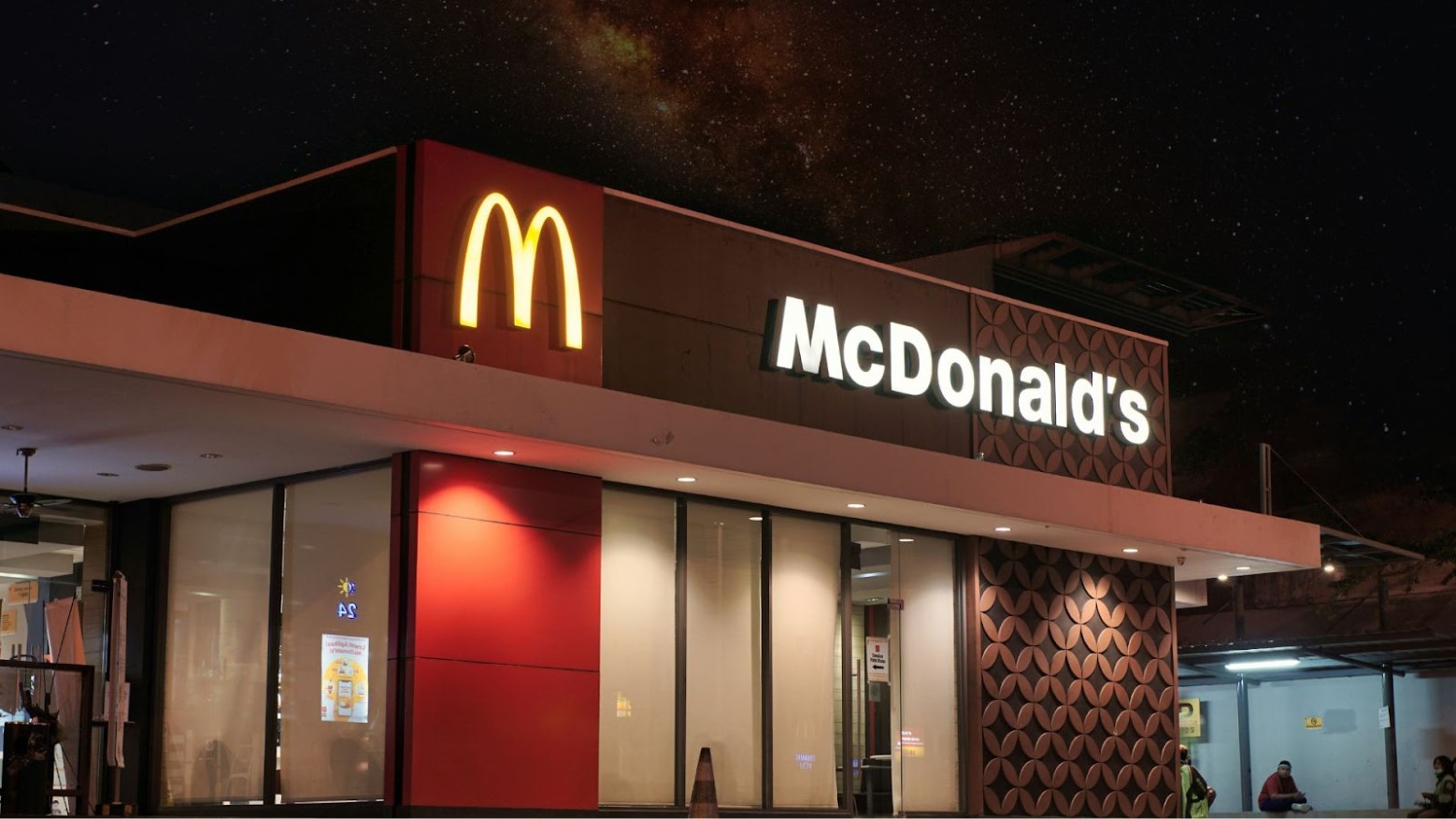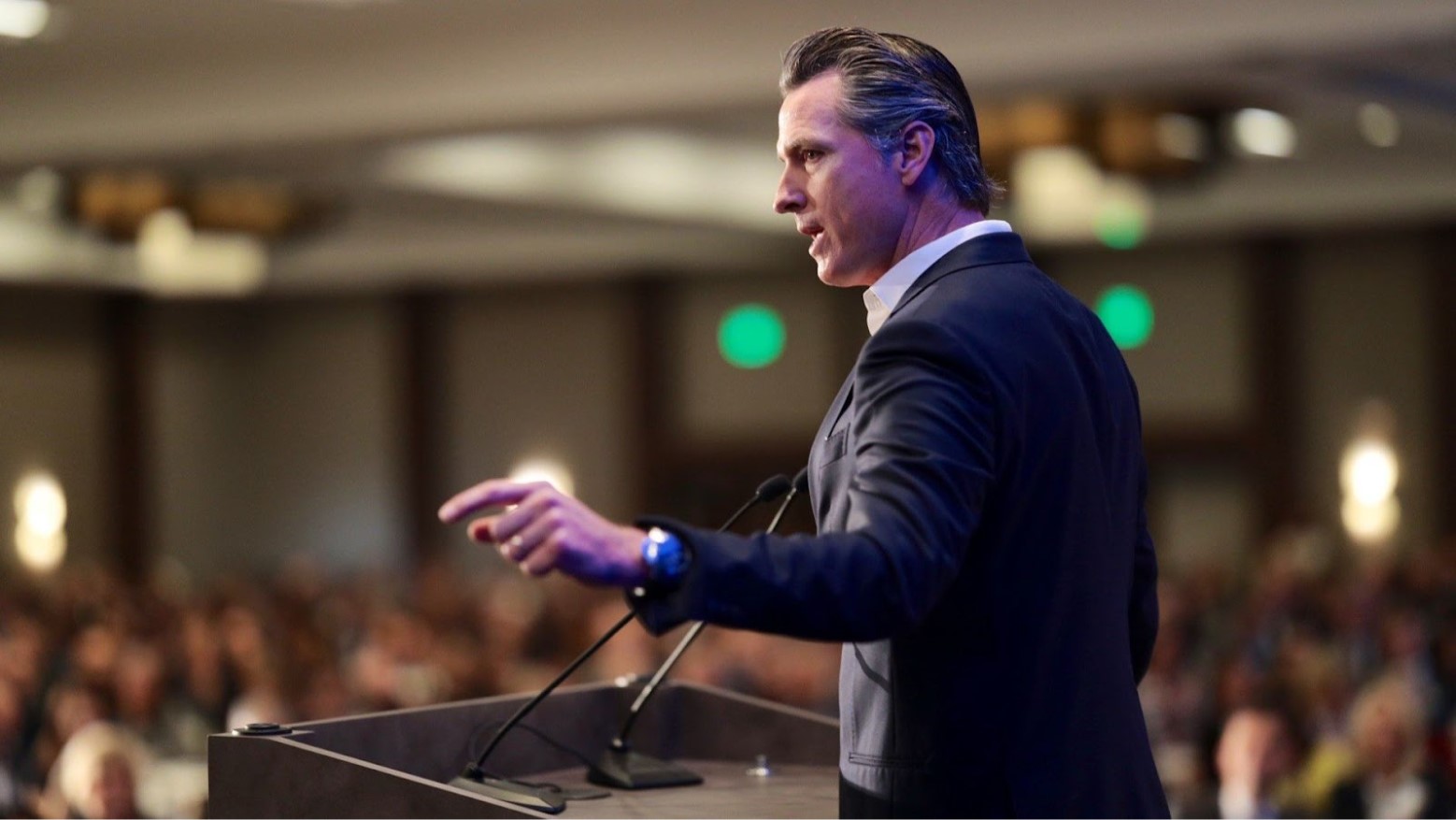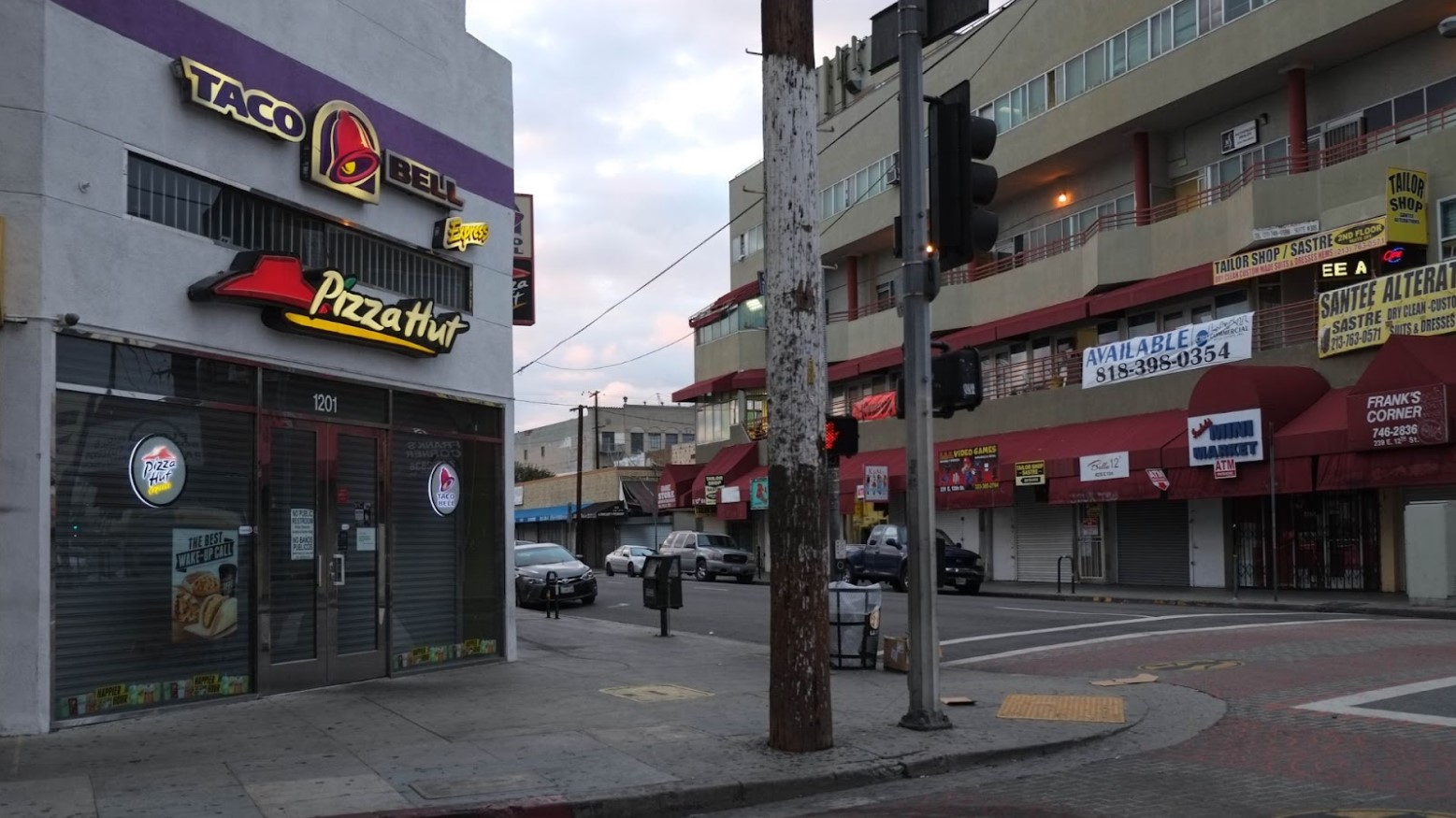Many fast food chains in California have already begun to lay off workers as they anticipate the state’s new minimum wage law taking effect in April. On April 1, most fast food industry workers will make $20 an hour.
This increase in the state’s minimum wage comes after Democratic Governor Gavin Newsom signed the Fast Act into law last September.
A $20 Minimum Wage

In the last few years, labor unions and policymakers in California have fought to increase the minimum wage that fast food industry workers make. Eventually, this led to the formation of the Fast Act.
Though the Fast Act has been openly criticized by many fast food corporations, employees and unions have touted that this new legislation will greatly help people as they try to keep up with California’s high cost of living.
What Restaurants Have to Change

According to the Fast Act, only national fast food chains will have to follow the rules of this new law. This means that chains that have more than 60 locations nationwide, such as McDonald’s, will have to pay their employees $20 an hour.
Some restaurants and eateries remain confused about whether or not they qualify as national fast food establishments under this new law. For example, owners of an ice cream shop in Southern California still don’t know if they’re exempt or not.
California Controversy

Though this new legislation has had critics from the very beginning, the law was emersed in massive controversy recently thanks to the California governor. Newsom has been accused of pushing for an exemption for Panera Bread.
As one of Newsom’s long-term supporters is a franchise owner of Panera Bread, this caused a lot of outrage among California residents and business owners. Newsom has denied he pushed for this exemption.
Layoffs in California

Now that many fast food establishments are preparing for this new law to go into effect on April 1, they are making some changes to how they run their businesses.
Unfortunately, this has led to many chains deciding to lay off some of their workers in California. Analysts have long warned that layoffs in the Golden State could be seen because of the Fast Act. Now, it appears this is happening.
Who’s Laying off Workers?

So far, there’s been a notable trend in the laying off of industry workers in California. For the most part, it’s only been pizzerias that have done this.
Some of these pizzerias even announced late last year that they would begin to cut jobs and lay off workers, all in anticipation of this new minimum wage law.
Pizza Hut Cuts Jobs

Last December, Pizza Hut revealed it would cut about 1,200 delivery driver jobs. In California, some Pizza Hut franchise owners also indicated they were going to get rid of all of their delivery services.
These job cuts and layoffs are being made ahead of time as Pizza Hut seemingly works to change their business policies, as they’ll soon have to pay all their workers $20 an hour.
Pizza Hut’s Statement

As there are different Pizza Hut franchise owners in California and around the country, staffing decisions and layoffs will likely differ from one location to another. However, Pizza Hut did release a statement about these job cuts.
“Where select California franchisees have elected to make changes to their staffing approach, access to delivery service will continue to be available via Pizza Hut’s mobile app, website and phone ordering and the customer ordering experience will remain consistent,” a spokesperson for the pizzeria stated.
Excalibur Pizza Layoffs

Pizza Hut isn’t alone in cutting jobs. Excalibur Pizza has also announced plans to lay off, as they’re cutting about 73 delivery driver jobs this upcoming April — right when the new law goes into effect.
Excalibur Pizza is a franchisee of Round Table Pizza. These upcoming cuts amount to about 21% of the pizzeria’s entire workforce.
A Change in Delivery

Clearly, many delivery drivers are being laid off before California’s Fast Act starts on April 1. Some fast food chains, such as these pizzerias, appear to be moving their delivery services to third parties, such as Grubhub or Uber Eats.
Excalibur Pizza is one example of this. “The franchisee is transferring their delivery services to third-party. While it is unfortunate, we look at this as a transfer of jobs,” a company rep explained. “As you know, many California restaurant operators are following the same approach due to rising operating costs.”
What Eateries Are Saying

Many fast food eateries have come out to explain any upcoming business moves they may make to better do business under this new law. The Chipotle CFO recently said that the chain will likely increase its prices to meet this new minimum wage increase.
Starbucks — which may not be exempt — also clarified that they were reviewing the Fast Act. However, the company didn’t say whether they would follow this minimum wage hike.
Minimum Wage Could Rise for Others

Though fast food chains have claimed they have to either cut jobs or raise prices, some analysts remain hopeful that this law could result in other restaurant workers naturally getting a minimum wage increase. This could happen simply because demand in California is so high for fast food and restaurant food.
“Other food-services companies will likely have to increase wages in order to retain workers in a sector in which chronic understaffing, and the stress and burnout that causes among remaining staff, is already a problem,” John Logan, a professor of labor studies at San Francisco State University, said.
